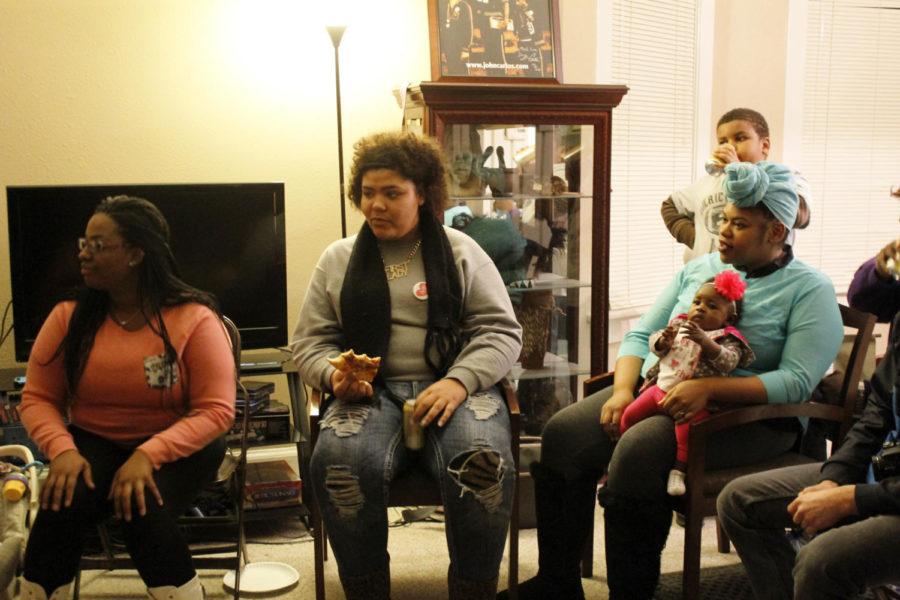Black History Month sparks conversation, events on campus
February 10, 2015
Carter G. Woodson, known as the “father of Black History Month,” created “Negro History Week” in 1926 to celebrate and recognize the accomplishments of African Americans. The celebration has grown to encompass the entire month of February.
Woodson was an African-American author, historian and founder of the Association for the Study of African American Life and History.
In 1975, President Gerald Ford issued a Message on the Observance of Black History Week. The celebration was expanded from a week to a month in 1976 by the ASALH and President Ford, officially beginning Black History Month.
“I think Black History Month can help focus on the obstacles that a race of people had to overcome to have an opportunity to pursue the American dream,” said Thomas Hill, senior vice president of student affairs. “It’s like you can pursue the American dream, but we’re going to tie one hand behind your back and not give you a pair of shoes. In spite of all of that, you still have a group that has been able to be successful.”
On campus, many clubs and organizations have come together to create events for students and faculty of all races to learn more about African-American history, including events such as speakers, movies and discussions, games and even themed meals by ISU Dining.
“I think it’s an opportunity for students to be engaged in activities that highlight a particular culture and then it may spark an interest about people or situations that they might not have known,” said Kenyatta Shamburger, program coordinator of multicultural student affairs.
Shamburger said that because of the unrest in Ferguson, some of the events on this year’s calendar might be a little different than in years past.
“I think when we look at the events of Ferguson, when we look at New York, when we look at all these events in totality, we realize that injustice spans our national borders and we still have a lot of work to do,” Shamburger said. “I wouldn’t say that this year is any more significant, but there are some growing conversations that might be happening this particular February that we might not have had last year.”
Damarius Fleming, president of the Black Graduate Student Association, said while he does not believe the events in Ferguson make this year’s Black History Month any more significant than in years past, he said he hopes it will draw more appreciation and participation.
“I think we should make a more concerted effort to erase the stigma surrounding Ferguson,” Fleming, graduate student in animal science, said. “I think more people will pay attention nationwide to see what’s going on during this month, but as that story dies down, I will be kind of curious to see how many people really take the time to celebrate the accomplishment of people with color.”
Although February is the designated month to reflect on African-American history, Fleming says he believes one month just does not cut it.
“I recognize [Black History Month] as the time of the year where we recognize the achievement of people of color nationally, but I guess for me I live it 365,” Fleming said. “I enjoy the fact that we have a month where we can celebrate, but it’s a lot of stuff to compress down into 28 days.”
After going to a segregated school as a child, Hill said he now has an immense appreciation for African-American history because that history was not always taught when he was in school.
“[Going to a segregated school], I was able to see teachers, principals, counselors who looked like me,” Hill said. “But again, we had a deficiency of having to use hand-me-down textbooks that were used for the white schools. They had this version of American history that didn’t include people of color.”
Hill said he hopes that students and faculty of all races get involved this month to have a better understanding of another group of people because after all, African-American history is simply American history.
“I think for those students and faculty who are not of African descent, they should understand the contributions of African Americans to the operation of the country,” Hill said. “That can help people have a healthy respect for others who are different from them.”
Fleming said he encourages all students come out and participate in events for Black History Month not just because they have to for a class, but because they have a genuine interest in learning something new and want to partake in the conversations.







